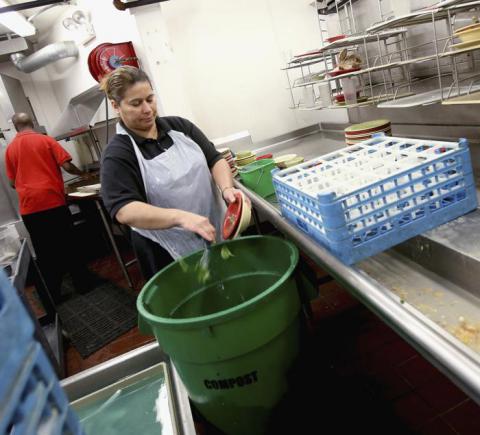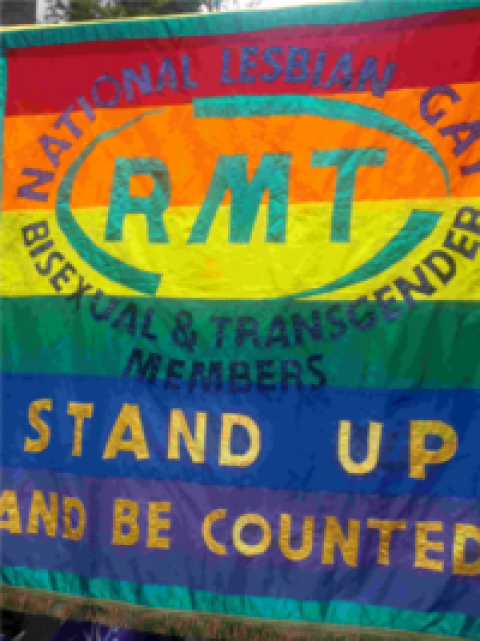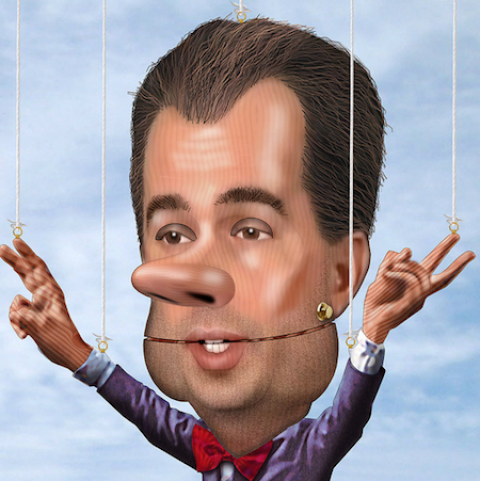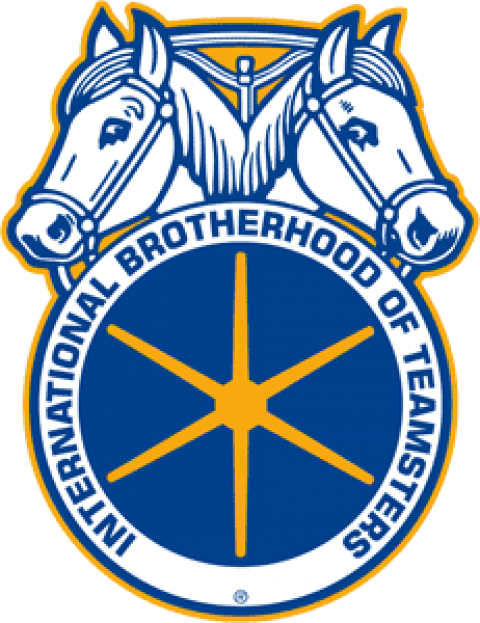College Cafeteria Workers Win Back Health Care Benefits
The Boston Globe

After months of activism by Sodexo employees, the company has decided to change the way it calculates hours for full-time jobs and allow several thousand workers back on the company health care plan.







Spread the word